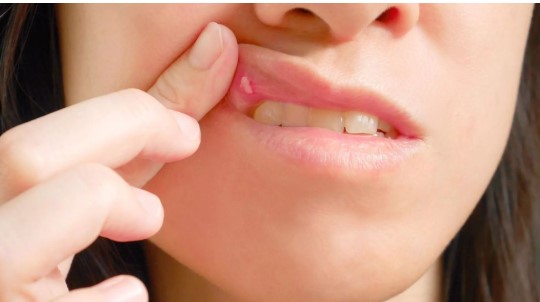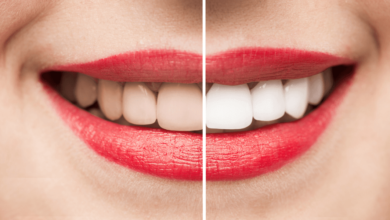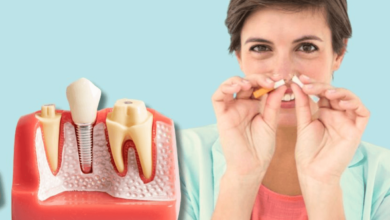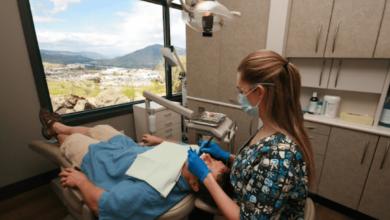How Bad Oral Hygiene Can Lead to Oral Cancer

There’s a strong link between oral hygiene and dental health conditions, but many people underestimate that. Most people know to brush and floss to prevent cavities and gum disease, but few realize that oral care neglect can be deadly.
Poor oral health practices can lead to a devastating disease called oral cancer. Oral cancer is different from most other cancers because the interaction of your lifestyle choices, your genetic predisposition, and poor oral health management habits cause it.
The Mechanisms of Risk
The development of oral cancer relies on chronic inflammation. Bacteria multiply in the mouth when people fail to maintain proper oral hygiene, creating an ‘environment of persistent irritation and immune response.’ Repeated bouts of inflammation can cause cellular changes and eventually turn into a cancerous situation.
Bacterial bad breath and cavities aren’t the only consequences of poor oral hygiene. These microorganisms can cause great damage to the cells, which could lead to a genetic mutation that alters normal cell growth and division. These mutations can continue to accumulate over time and lead to cancerous mutations.
Poor Oral Hygiene Makes Key Risk Factors Worse
Persistent Bacterial Infections
When the epithelium breaks down, chronic oral infections create an environment where harmful bacteria eat up sugars they can see. Persistent infections can also weaken the immune response over time and cause ongoing cellular stress. Continuous inflammation processes might trigger abnormal cell growth and make it possible for them to switch to becoming cancer cells.
Compromised Immune Response
Our bodies get tired when we fail to maintain good oral hygiene. An endurance state can occur, in which the immune system becomes continuously engaged but is also exhausted, unable to respond adequately to identifying and eliminating cells that might be precancerous.
Cellular Damage and Mutation
Harmful oral bacteria can damage mouth cells over time. Repeated injuries to cellular structures increase the probability that genetic mutations will lead to cancerous transformations.
Preventions and Proactive Measures
Comprehensive oral hygiene practices are the way to prevent oral cancer. To maintain a healthy oral environment, teeth must be brushed twice daily, flossed daily, and visited by a professional dentist every six months. Individuals should focus on:
- At least twice brushed my teeth a day.
- Using fluoride toothpaste
- The interdental debris removal, Hint: Flossing
- Using antiseptic mouthwash
- Maintaining a balanced diet
- Not smoking or drinking too much alcohol
- Regular screenings
Additional lifestyle considerations
There are lifestyle choices beyond oral hygiene that have a tremendous influence on oral cancer risks. Anyone who uses tobacco products, drinks excessive amounts of alcohol, or spends too much time in the sun exposing their lips can have the chances of developing oral cancer blown out of proportion. Mixed risks with poor oral hygiene create the perfect storm for any potential malignancies.
Early detection is very important.
Regular check-ups are not simply for a nice-looking smile; they are vital to early cancer detection. Dentists can notice suspicious lesions, unusual tissue changes, and possible precancerous conditions during routine examinations.
Conclusion
It’s an intricate and important area of our overall health, not just something that’s getting done to make us look good. Poor oral hygiene has proven to be a profound health risk in connection to oral cancer, which should and must be brought to immediate and
sustained attention. One click\ and our decision becomes a part of a broader narrative about how we care for our oral health: how thorough we are at brushing each day and the adherence to our routine of going to the dentist regularly. Learning how oral bacteria, inflammation, and the possibility of developing cancer are intricately linked allows people to be more proactive in making their health their own.




